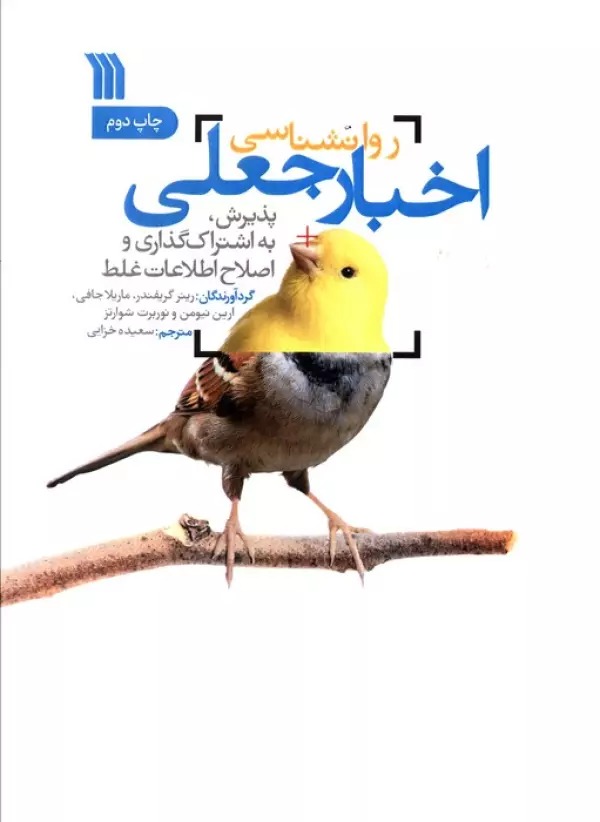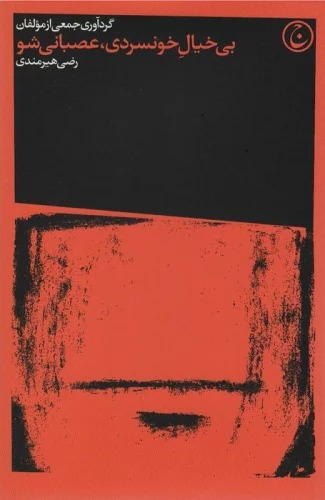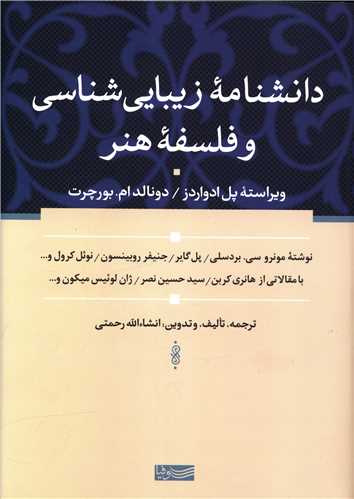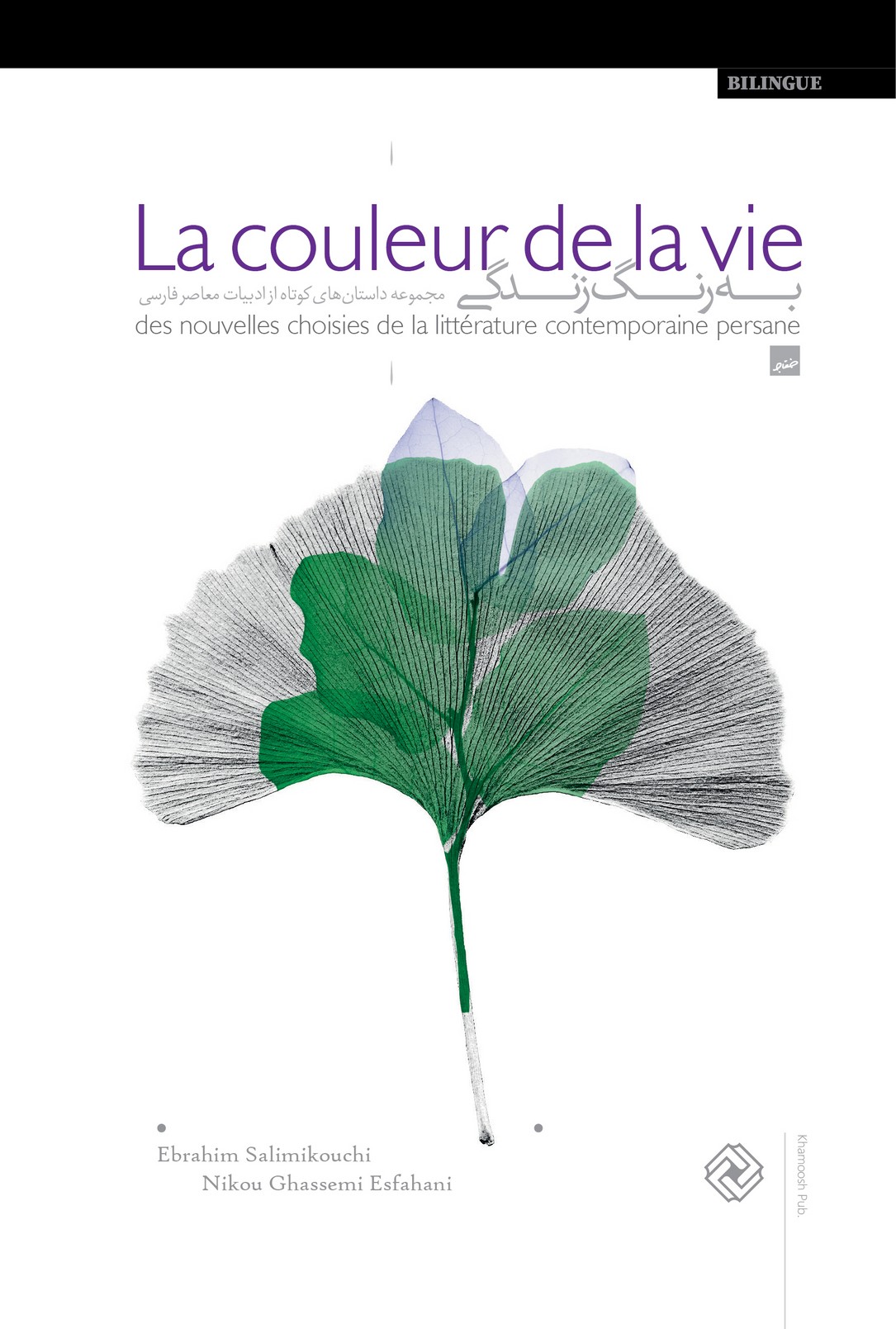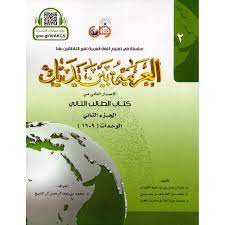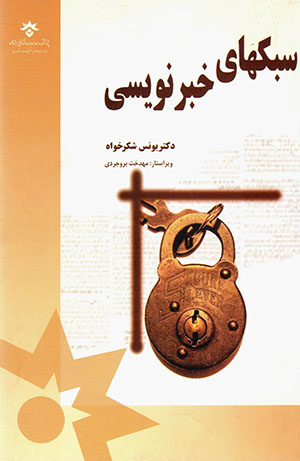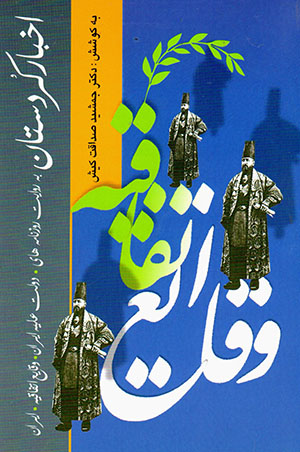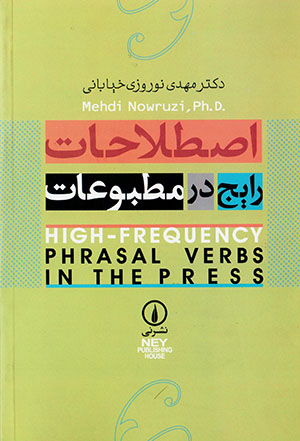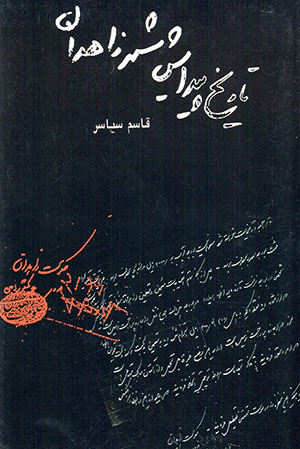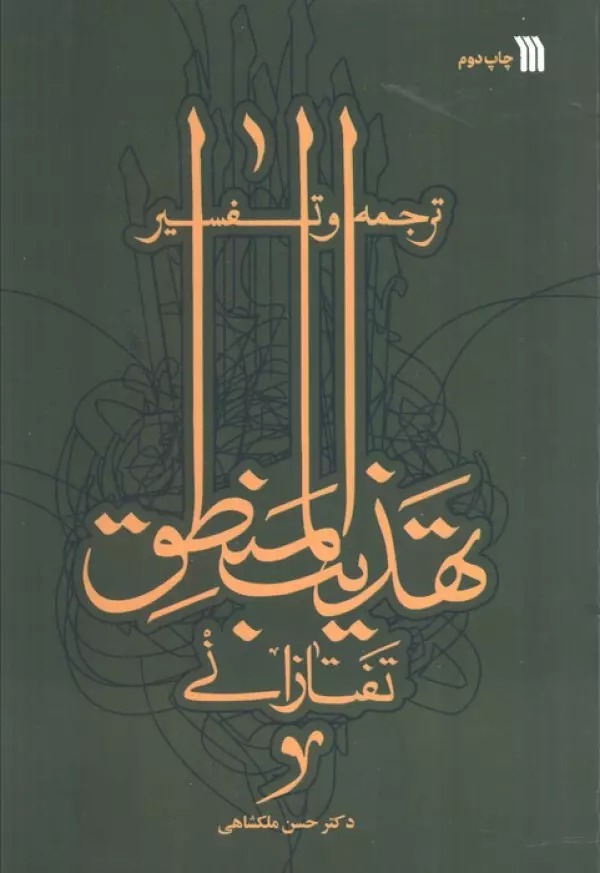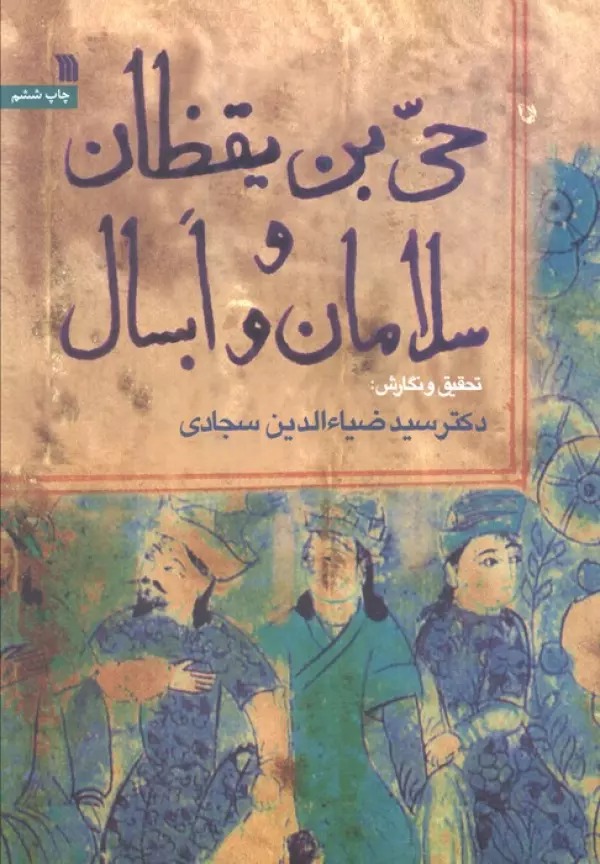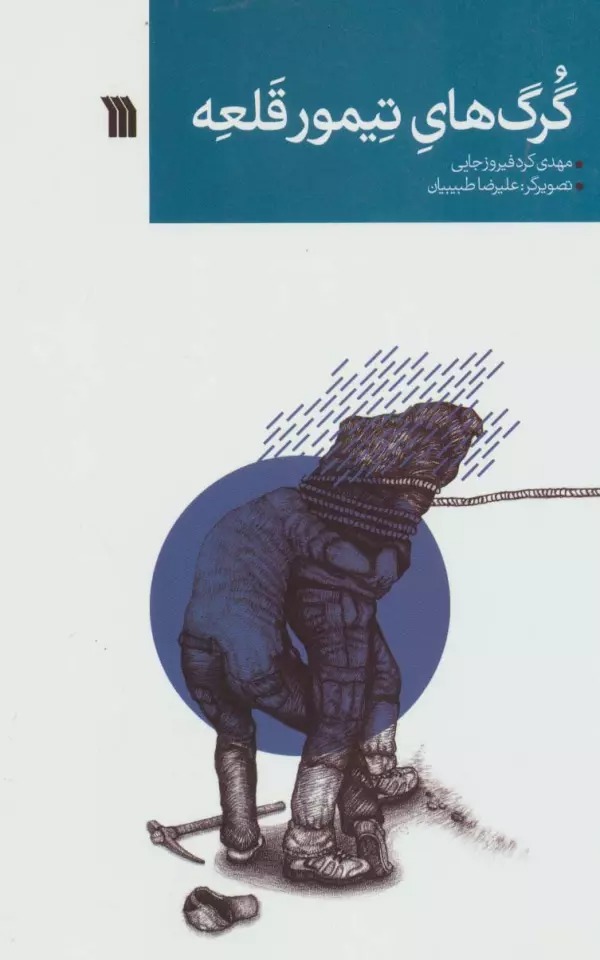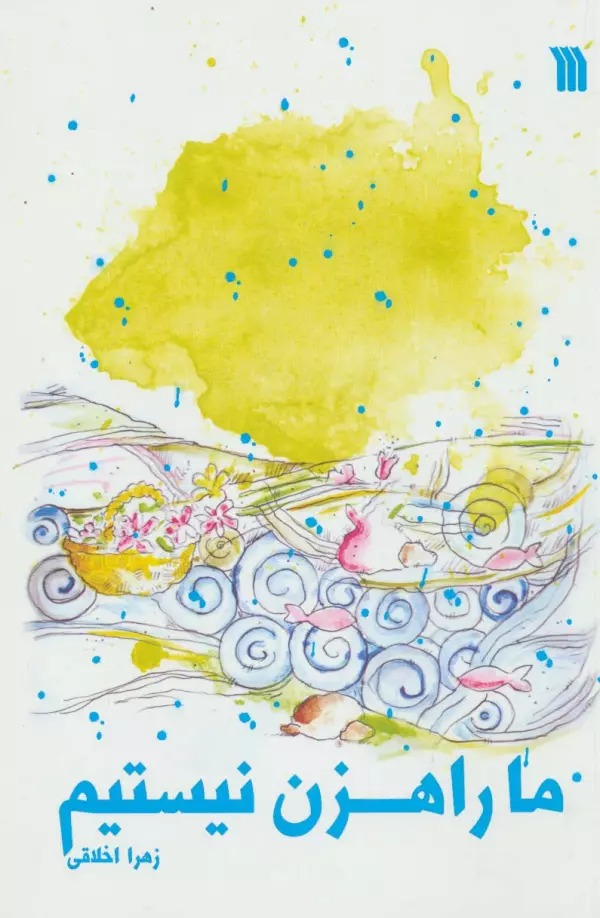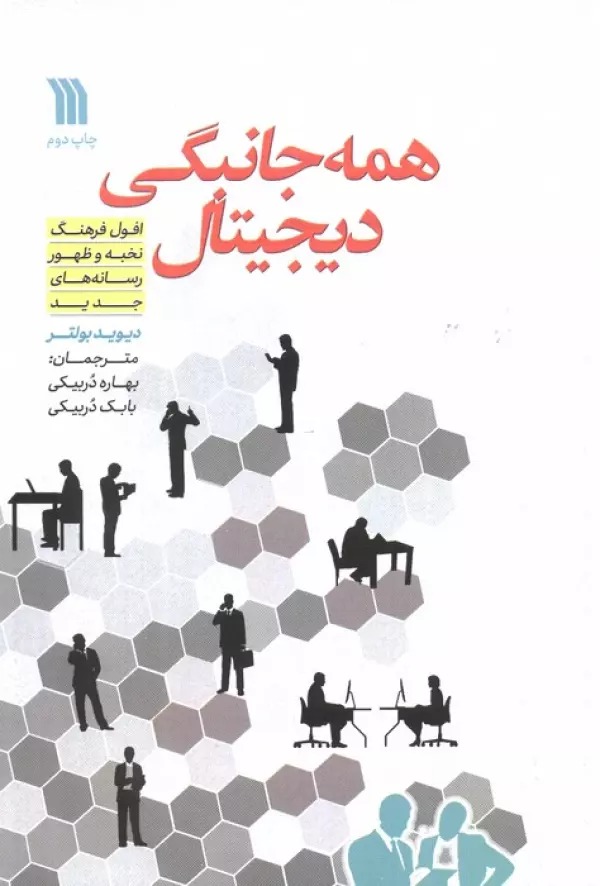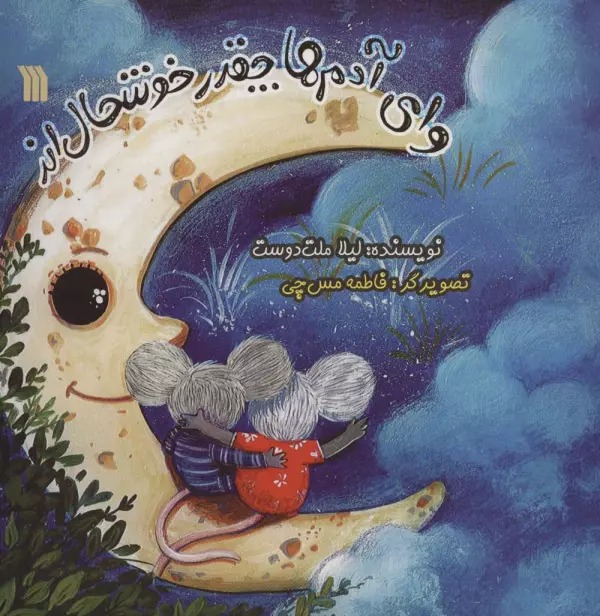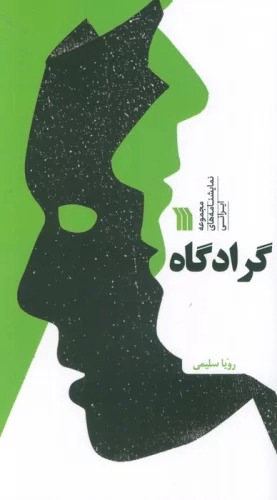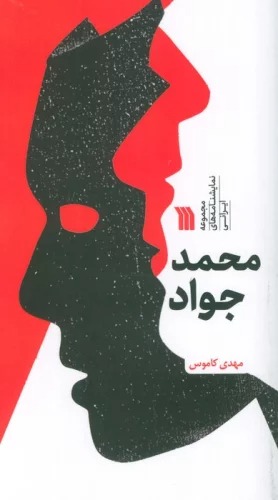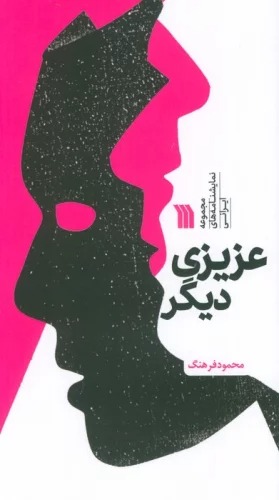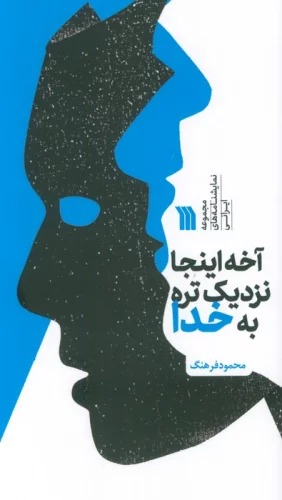Ravānshināsī-yi Akhbār-i Ja'lī: Persiska (Farsi) 1403
روانشناسی اخبار جعلی
17,09 $
Dela
Wishlist
Originaltitel:
The Psychology of Fake News: Accepting
,
Sharing
,
and Correcting Misinformation
ISBN:
9789641223634
Översättare:
Sa'īdah Khazā'ī
Förlag:
Surush
Åldersgrupp:
Vuxen
Sidor:
364
Vikt:
548 g
Produktmått:
18 x 25 x 3
,
3 cm
Bokomslag:
Pocketbok
This volume examines the phenomenon of fake news by bringing together leading experts from different fields within psychology and related areas, and explores what has become a prominent feature of public discourse since the first Brexit referendum and the 2016 US election campaign.
Dealing with misinformation is important in many areas of daily life, including politics, the marketplace, health communication, journalism, education, and science. In a general climate where facts and misinformation blur, and are intentionally blurred, this book asks what determines whether people accept and share (mis)information, and what can be done to counter misinformation? All three of these aspects need to be understood in the context of online social networks, which have fundamentally changed the way information is produced, consumed, and transmitted. The contributions within this volume summarize the most up-to-date empirical findings, theories, and applications and discuss cutting-edge ideas and future directions of interventions to counter fake news.
Also providing guidance on how to handle misinformation in an age of “alternative facts”, this is a fascinating and vital reading for students and academics in psychology, communication, and political science and for professionals including policy makers and journalists.
more
این کتاب پدیده اخبار جعلی را با گردهم آوردن کارشناسان برجسته از حوزههای مختلف روانشناسی و حوزههای مرتبط بررسی میکند و آنچه را که از اولین همهپرسی برگزیت و کمپین انتخاباتی ۲۰۱۶ ایالات متحده به یکی از ویژگیهای برجسته گفتمان عمومی تبدیل شده است، بررسی میکند.
مقابله با اطلاعات نادرست در بسیاری از زمینه های زندگی روزمره از جمله سیاست، بازار، ارتباطات بهداشتی، روزنامه نگاری، آموزش و علم اهمیت دارد. در فضای عمومی که حقایق و اطلاعات نادرست محو میشوند و عمدا محو میشوند، این کتاب میپرسد چه چیزی تعیین میکند که آیا مردم اطلاعات (نادرست) را میپذیرند یا به اشتراک میگذارند؟، و برای مقابله با اطلاعات نادرست چه کاری میتوان انجام داد؟ هر سه این جنبه ها باید در زمینه شبکه های اجتماعی آنلاین که اساسا نحوه تولید، مصرف و انتقال اطلاعات را تغییر داده اند، درک شوند. مشارکتهای موجود در این جلد بهروزترین یافتههای تجربی، نظریهها و کاربردها را خلاصه میکند و درباره ایدههای پیشرفته و جهتگیریهای آتی مداخلات برای مقابله با اخبار جعلی بحث میکند.
همچنین راهنمایی در مورد نحوه رسیدگی به اطلاعات نادرست در عصر "حقایق جایگزین" ارائه می دهد، این کتاب کتابی جذاب و حیاتی برای دانشجویان و دانشگاهیان در روانشناسی، ارتباطات، و علوم سیاسی و برای متخصصان از جمله سیاست گذاران و روزنامه نگاران است.
more

